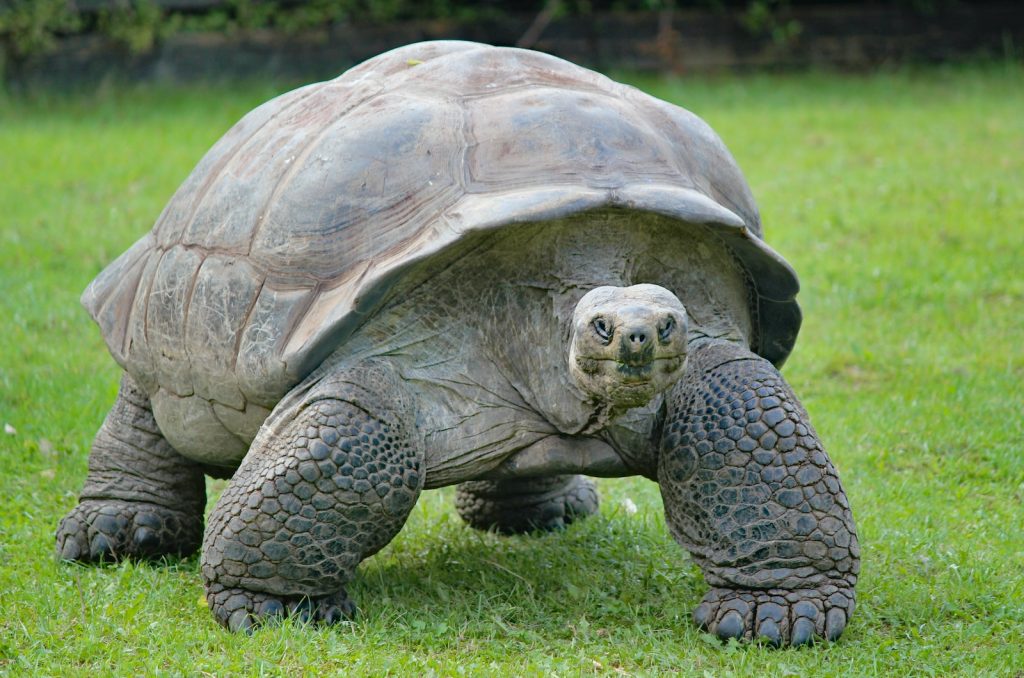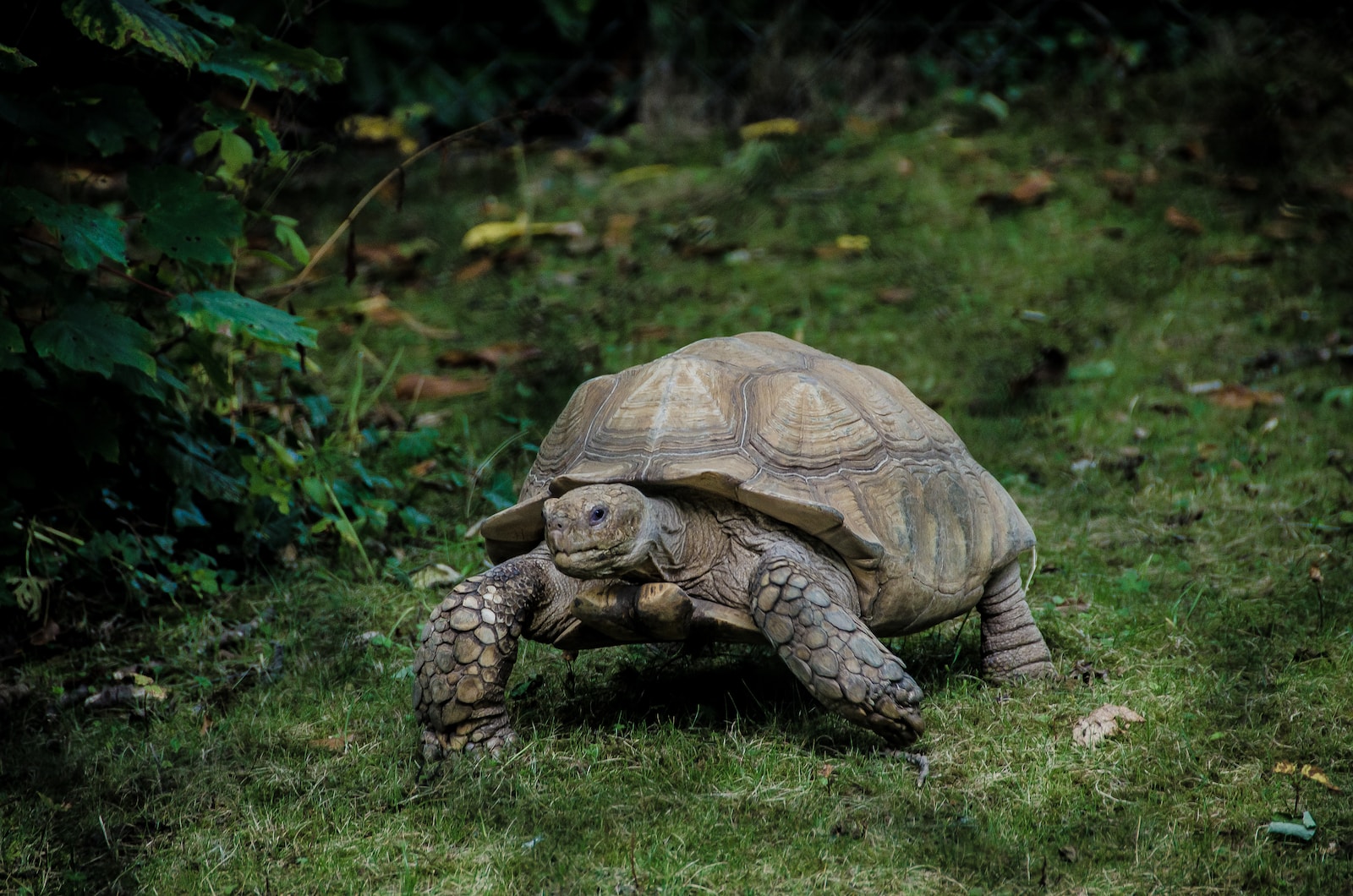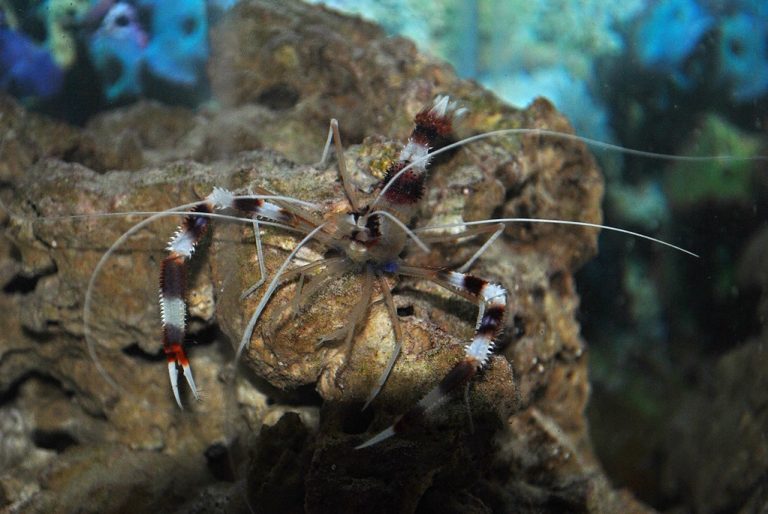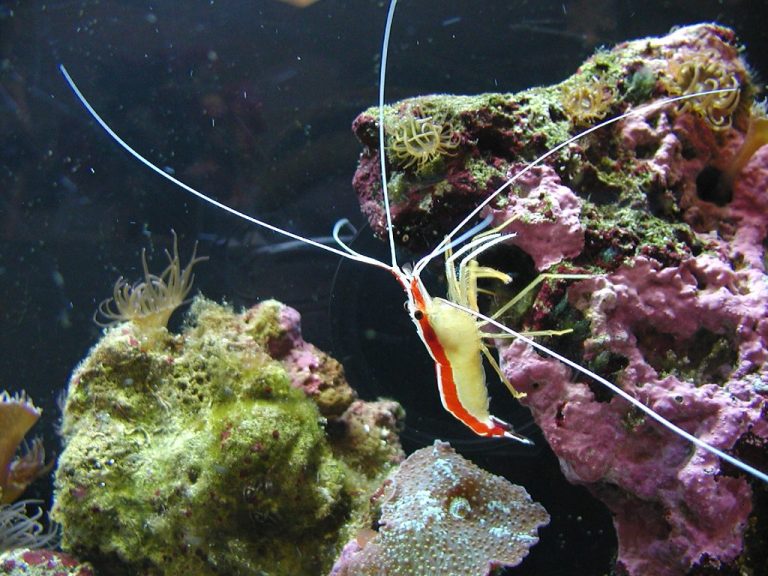Introduction
Tortoises, known for their slow and steady demeanor, are fascinating creatures that have captured the curiosity of both animal enthusiasts and researchers alike. Among the many questions that arise about these reptiles, one that frequently stands out is, “How long can a tortoise live without food?” The world of tortoises is full of captivating facts and intricate survival mechanisms, which we’ll delve into in this comprehensive guide. From their remarkable adaptations to real-life instances, this article will provide you with an in-depth understanding of the survival capabilities of tortoises during periods of fasting.

How Long Can a Tortoise Live Without Food?
Tortoises are well-known for their ability to endure extended periods without sustenance. The duration a tortoise can survive without food varies depending on several factors. These include the species, age, health, and environmental conditions. On average, a healthy tortoise can survive without food for two to three months. This remarkable ability is attributed to their unique physiology and behavioral adaptations.

The Adaptations that Enable Tortoises to Survive
Tortoises have evolved several adaptations that enable them to endure prolonged periods without food. These adaptations play a crucial role in their survival during harsh conditions:
Slow Metabolism and Energy Conservation
Tortoises have an exceptionally slow metabolic rate compared to many other animals. This characteristic helps them conserve energy during periods of food scarcity. Their metabolism slows down, reducing the amount of energy they need to sustain their bodily functions.
Fat Storage
Tortoises store excess fat in their bodies, primarily around their legs and neck. This fat serves as an energy reserve during times when food is scarce. The stored fat is gradually metabolized to provide essential energy for bodily functions.
Efficient Water Retention
Tortoises have evolved to efficiently retain water within their bodies. This adaptation enables them to withstand long periods of dehydration. They can reabsorb water from their urine, minimizing water loss and maintaining their internal hydration levels.
Behavioral Changes
Tortoises exhibit behavioral changes when food is scarce. They become less active and engage in minimal movement to conserve energy. Additionally, tortoises may seek out shaded areas or burrows to avoid direct sunlight, further reducing water loss through evaporation.
Case Studies: Tortoises in the Wild
Real-life instances of tortoises surviving without food provide valuable insights into their remarkable adaptability. In 2006, researchers in the Galápagos Islands documented a case where a giant tortoise survived for over one year without access to food or water. This extraordinary feat showcased the tortoise’s ability to endure extreme conditions.
Similarly, desert tortoises, such as the Gopherus agassizii species, are known to endure prolonged periods of food scarcity. These tortoises have been observed surviving for several months without consuming any food, relying on their stored fat reserves and efficient water retention mechanisms.
FAQs About Tortoise Survival without Food
Q: Can all tortoise species survive without food for the same duration? A: No, the ability to survive without food varies among different tortoise species. Some species are better adapted to endure extended periods of fasting than others.
Q: What should I do if my pet tortoise is not eating? A: If your pet tortoise is not eating, it’s important to monitor its behavior and consult a veterinarian if the fasting persists for an extended period. Loss of appetite could be a sign of an underlying health issue.
Q: How can I help my pet tortoise during its fasting period? A: During a fasting period, ensure that your pet tortoise has access to clean water at all times. Creating a suitable environment with proper humidity levels and temperature regulation can also aid its survival.
Q: Are there any risks associated with prolonged fasting for tortoises? A: While tortoises have evolved to survive without food, prolonged fasting can lead to weight loss and decreased energy levels. It’s essential to monitor their condition and seek veterinary care if necessary.
Q: Can tortoises survive without water as well? A: Tortoises are more resilient to food scarcity than water scarcity. While they can survive for extended periods without food, dehydration can be more detrimental to their health.
Q: How do wild tortoises find food after periods of fasting? A: Wild tortoises have a keen sense of smell and can locate food sources when they become available. They forage for plants and vegetation to restore their energy and replenish their fat reserves.
Conclusion
Tortoises’ ability to survive without food for extended periods is a testament to their remarkable adaptations and resilience. Their slow metabolism, fat storage, efficient water retention, and behavioral changes contribute to their survival during times of scarcity. While the duration of fasting varies among species, tortoises have demonstrated their capacity to endure harsh conditions. Whether in the wild or as beloved pets, these reptiles continue to inspire awe and curiosity, shedding light on the intricate mechanisms of survival in the animal kingdom.






